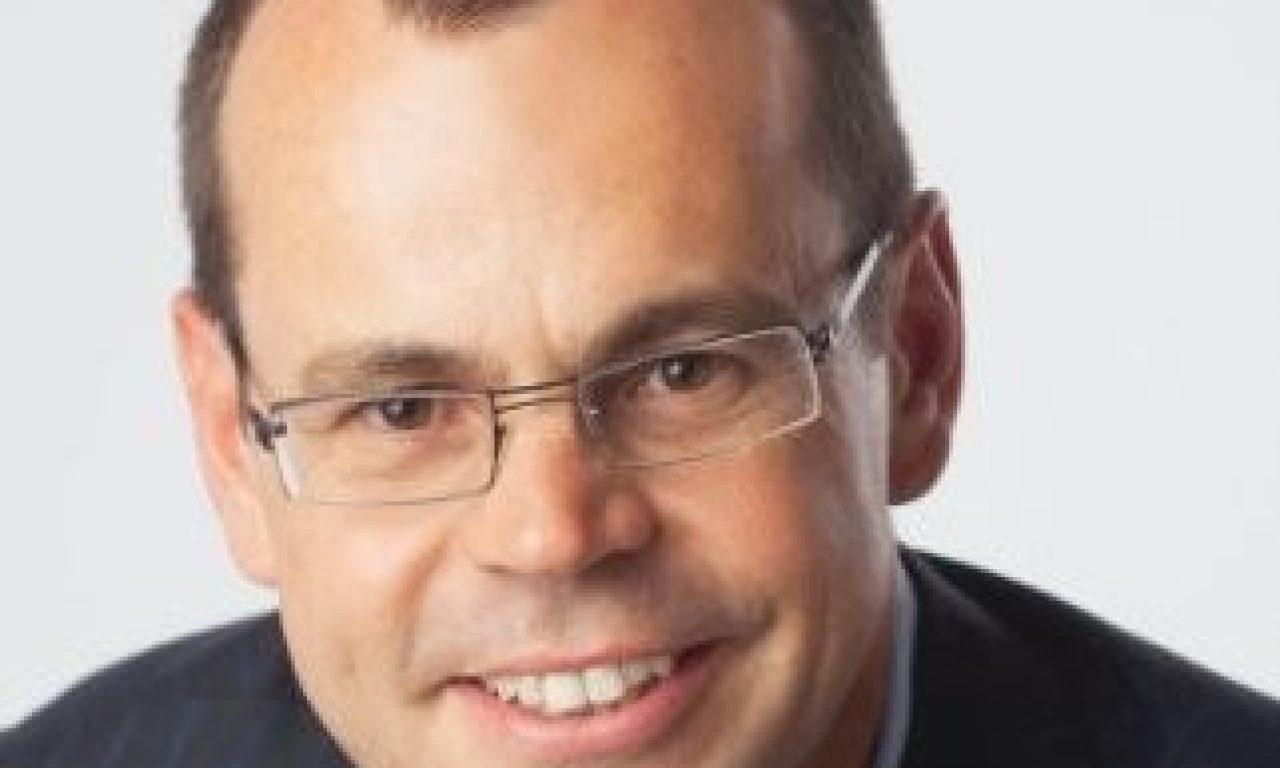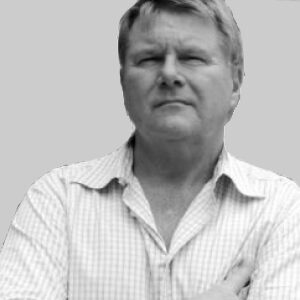Brookvine, an Australasian distribution partner for offshore and Australian fund managers, which tends to specialise in non-traditional investment offerings, has signed up a US-based global quant macro manager, Welton Global.
Welton’s global macro strategy has had strong returns for a long period but really showed what it can do in the sudden global downturn across most markets earlier this year. Welton returned 12.9 per cent in the March quarter, when most of its macro and other systematic-oriented peers – or most other managers in general for that matter – struggled to get into positive territory.
Since Welton introduced its current macro strategy in October 2013, perfecting years of work on the technology behind the process, the average annual return has been 8.1 per cent above the benchmark cash rate, with a slightly negative (minus 0.05) correlation with the S&P 500 US equities index.
Steve Hall, Brookvine chief executive, said last week (October 16) that the manager’s success was in no small part due to the sophisticated and adaptive strategies which engaged during selloffs in equity markets, which also sought to deliver strong positive returns in more normal times.
“During periods of intense uncertainty in global equity markets, investors need to rely on their liquid alternative strategies to deliver ‘true to label’ diversification and downside protection,” he said. “Welton has been recognised many times as a leader amongst its peers with industry awards and nominations, most recently for its navigation of markets through 2019 and 2020.”
Welton Global was founded by Patrick Welton, who remains CIO, as a part-time venture while he was completing his post-doctoral studies at Stanford University. He started out trading managed future using quant trend strategies. It now has 23 staff in two offices – in New York City and Carmel, California – 14 of whom are investment professionals. The staff own 65 per cent of the company.
One of the non-staff shareholders and a director, who has played an active role in the firm’s adaptation to the institutional market in 2013, is Donald Putnam, the founder of successful US investment bank Putnam Lovell, who later set up Grail Partners, which specialises in investing in funds management firms. With a shift to institutional grade in its business, new clients have included pension funds alongside the earlier family offices supporters.
Another key person in recent growth of the firm is Basil Williams, who joined as chief executive in March last year, who is looking to grow the business from its current relatively small funds under management base of US$832 million (A$1.2 billion). Hall knew of Williams through his previous role as head of portfolio management at PAAMCO, a big west-coast alternatives manager. The firm also recruited Sam Cassetta, another experienced manager, last year to head up international business.
For Australian investors, the offer through Brookvine includes the creation of a new class of shares (class A) in the existing ‘private fund’ which can transfer to an Australian MIS (managed investment scheme) once appropriate scale is achieved. This gives investors the benefits of scale from the outset. The portfolio will be hedged back to Australian dollars monthly.
The new partnership takes Brookvine’s list of specific ongoing manager involvement to 10, some with more than one strategy. The others are: Australian-based real estate manager Balmain; agriculture manager Laguna Bay; and ‘co-living’ property manager Micro.Space; and, overseas-based alternative risk premia manager CdR Capital; Makena Capital Management for various asset classes; value manager Mittleman Capital Management, high yield manager Moneda Asset Management; hedge fund and credit manager Prisma Capital Partners; and, micro-cap manager THB Asset Management.
– G.B.


